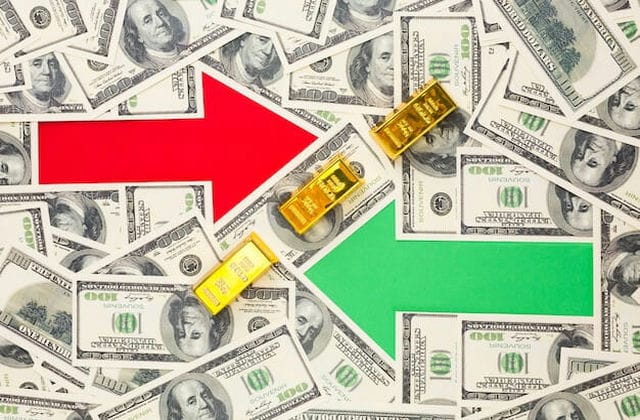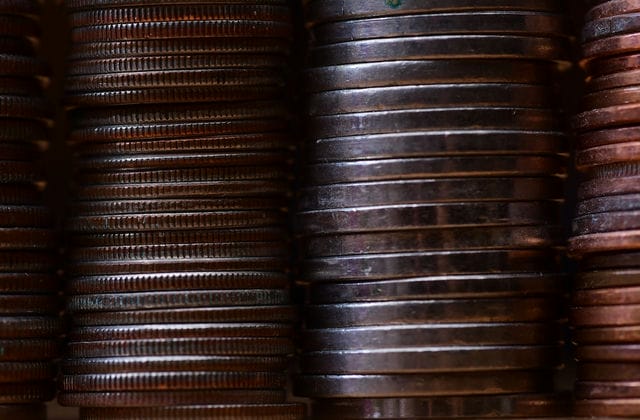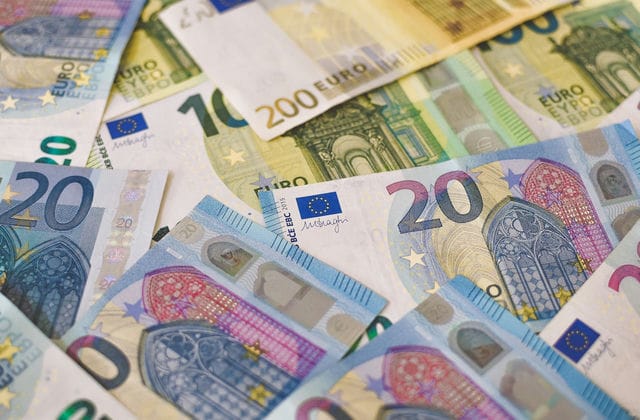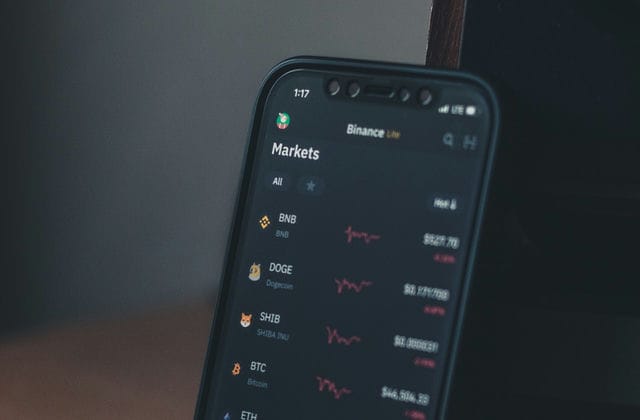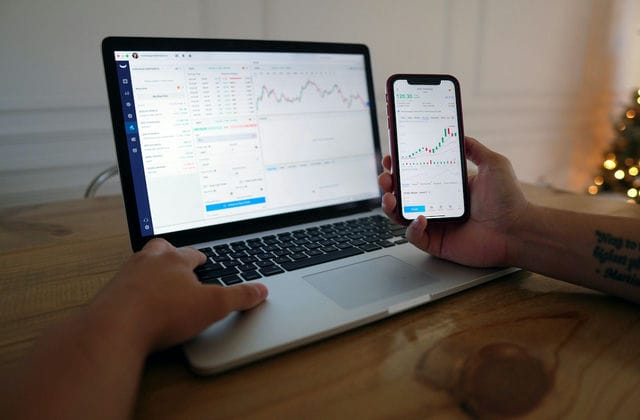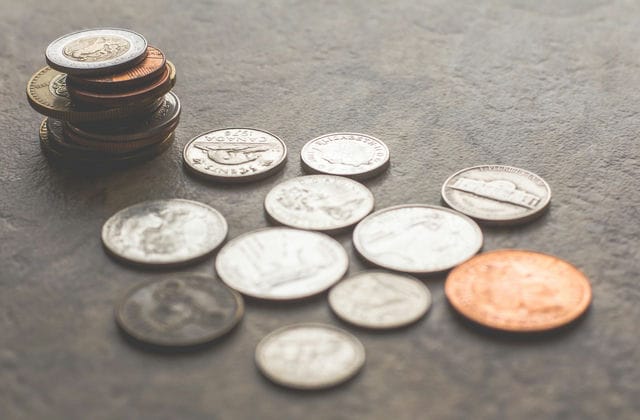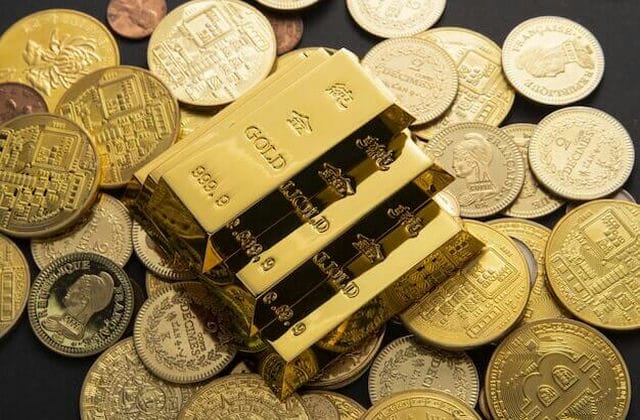The gold market is a trading center where buyers and sellers concentrate on buying and selling gold, providing spot and forward transactions, allowing traders to carry out physical transactions or options futures trading to speculate or hedge, is an important part of the complete financial market system of each country.
With the development of the monetary system, gold has gradually lost the trading medium and value measurement scale of monetary functions, but still in international trade, international debt settlement and international reserves and so on to maintain a certain currency characteristics.
(1)According to the role of the gold market and scale can be divided into: dominant market and regional market
The dominant gold market refers to the international centralized gold trading market, its price level and trading volume have a great influence on other markets. The most important ones are the gold markets in London, Zurich, New York, Chicago and Hong Kong.
Regional market refers to the transaction scale is limited and concentrated in a certain area, and to other market influence is not big market, mainly to meet the country this region or neighboring countries of industrial enterprises, jeweler line, investors and general buyers of gold trading needs, its radiation and influence are relatively limited. Such as Tokyo, Paris, Frankfurt gold market, etc.

(2) according to the type of transaction and the different trading methods can be divided into: spot trading market and futures trading market
Gold spot trading is basically spot trading, after the transaction that delivery or in two days delivery. The subject of the transaction is mainly gold bars, ingots and coins, jeweler etc. are also included.
The main purpose of gold futures trading is to hedge, which is a supplement to spot trading. Instead of immediate delivery after the transaction, the two parties to the transaction first sign a contract, deliver a deposit and then make delivery on a predetermined date. Its main advantage is that with a small amount of capital it can hold a large number of futures and pass on the price of the contract in advance, with leverage. Futures contracts can be realized in any business day, with liquidity; also at any time to buy and settle, with greater flexibility; also in the use of the choice of different forms of commission, in different markets and can be set between the goods, with flexibility and so on.
Some of the world's gold market only spot trading, some only futures trading, but most of them are both futures and spot trading.
(3) According to have no fixed place divided can be divided into: invisible gold market and tangible gold market invisible gold trading market, mainly refers to gold trading no special trading place, such as mainly through the gold dealers between the formation of contact network formed by the London gold market; to the bank mainly buy and sell gold Zurich gold market; and Hong Kong's local London invisible market.
The visible gold market is mainly a market where gold trading is carried out in a fixed place. This can be divided into a special independent gold trading place of the gold market and located in the commodity exchange within the gold market, the former, such as: Hong Kong bullion trading floor, Singapore gold exchange, etc.; the latter, such as: in the New York commodity exchange in the New York gold market, in the Chicago commodity exchange in the Chicago gold market and Canada's Winnipeg commodity exchange in the Winnipeg gold market.
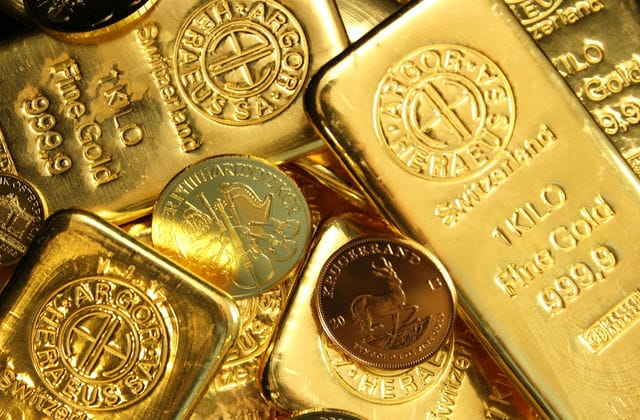
(4) According to the degree of trading control can be divided into: free trading, restriction trading market and domestic trading market
Free trading market refers to the gold can be free to export into, and residents and non-residents can be free to buy and sell gold market, such as Zurich gold market.
Restricted trading market refers to the gold export to be controlled, only allow non-residents and do not allow residents to freely buy and sell gold market, which mainly refers to the implementation of foreign exchange control countries' gold market, such as in October 1979 before the British withdrawal of all foreign exchange control of the London gold market.


